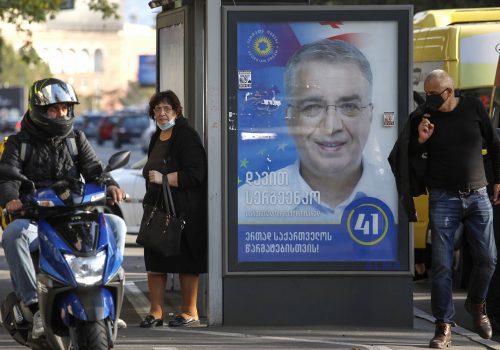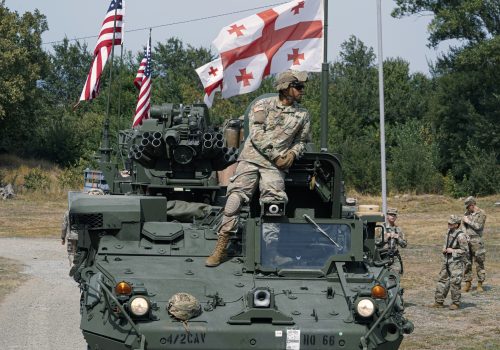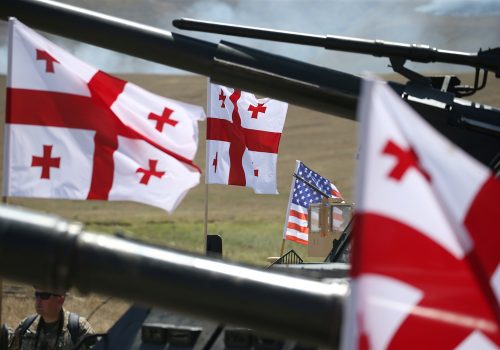Georgia’s parliamentary elections on October 31 will be held amid a war on its doorstep, a sharp spike in new coronavirus cases, and ramped-up interference from the Kremlin. The recent escalation of the Nagorno-Karabakh conflict has challenged the fragile security situation in the South Caucasus. Meanwhile, a rising number of coronavirus infections will prevent international election observers from monitoring the election and may depress voter turnout.
On the bright side, Georgia is also set for what may be its most competitive elections to date, after the legislature passed electoral reforms in June aimed at curbing parliamentary supermajorities. Do all of these developments mean that Georgia is entering a new phase? What can observers expect to see next?
Thomas de Waal, senior fellow at Carnegie Europe; Nino Ghvinadze, non-resident fellow at the Eurasia Center; Laura Linderman, non-resident senior fellow at the Eurasia Center; and Dr. Lincoln Mitchell, adjunct research scholar at Columbia University, assess the challenges and opportunities for democracy in the wake of Georgia’s parliamentary elections. Melinda Haring, deputy director of the Atlantic Council’s Eurasia Center, moderates.
RELATED experts

The Eurasia Center’s mission is to promote policies that strengthen stability, democratic values, and prosperity in Eurasia, from Eastern Europe in the West to the Caucasus, Russia, and Central Asia in the East.




